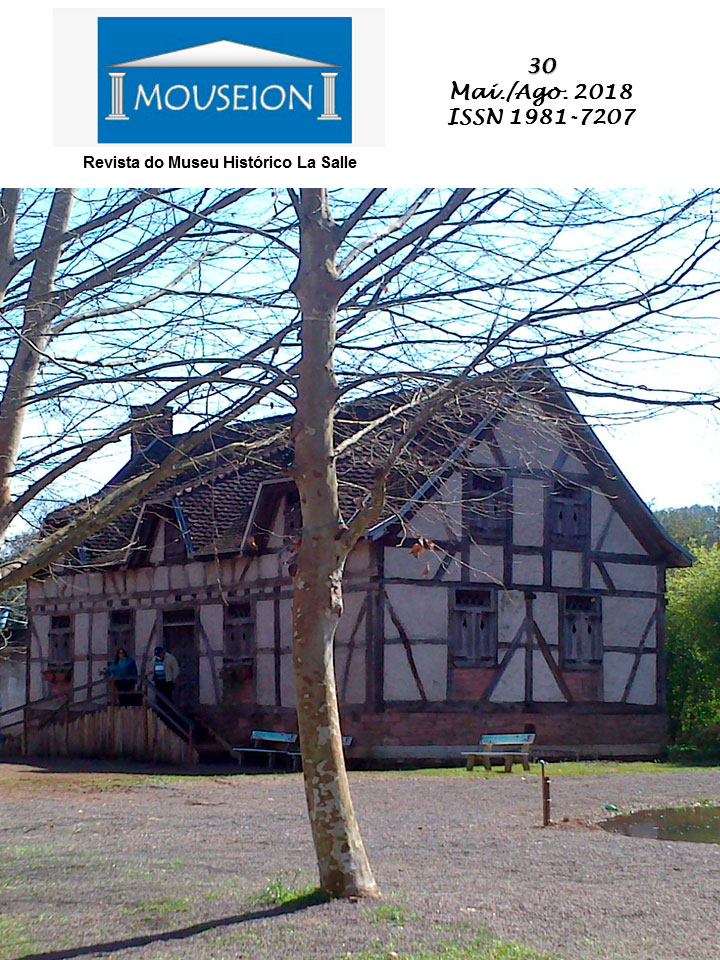Políticas públicas: garantia do direito à cultura e à memória
DOI :
https://doi.org/10.18316/mouseion.v0i30.4754Mots-clés :
Políticas Públicas, Museus, Memória, Cidadania Cultural, Política CulturalRésumé
O artigo apresenta um percurso panorâmico sobre as políticas públicas de museus e memória no Brasil, sublinhando que, desde o início do século XX, elas se comportaram de modo conflituoso e paradoxal. Tal fato é expresso, entre outros aspectos, pela fragmentação e descontinuidade de ações e programas no âmbito das iniciativas estatais. Olhando a partir dessa perspectiva, o texto pretende situar os museus, enquanto instituições culturais de memória, de salvaguarda do patrimônio e de educação e as políticas que os orientam, como eixos da análise aqui empreendida. Neste escopo, propõe-se que as políticas públicas sejam consideradas ferramentas necessárias para se atingir a finalidade da garantia do direito à cultura e à memória. A partir de uma abordagem documental e bibliográfica foram construídos quadros-sínteses de diferentes momentos na história das políticas culturais no período retratado que permitem observar alguns avanços, em especial no tocante à criação de um escopo legal e o trabalho conjunto com órgãos nacionais e internacionais para o desenvolvimento de políticas para o campo museal. O debate realizado aponta para a necessidade do fortalecimento e amadurecimento da sociedade civil no tocante à participação na formulação das políticas de cultura, de um modo geral e, particularmente, no universo das instituições museais. Os dados trazidos pela análise indicaram que quanto mais os órgãos do Estado, responsáveis pela elaboração e implementação de políticas públicas, envolvem a sociedade civil, mais longa é a duração de suas ações e mais consolidadas se tornam as políticas públicas.
Téléchargements
Publié-e
Numéro
Rubrique
Licence

O Periódico Mouseion, Revista Eletrônica do Museu e Arquivo Histórico La Salle em http://www.revistas.unilasalle.edu.br/index.php/Mouseion foi licenciada com uma Licença Creative Commons - Atribuição - Uso Não Comercial 3.0 Não Adaptada.


